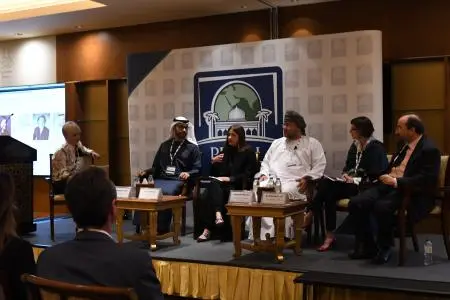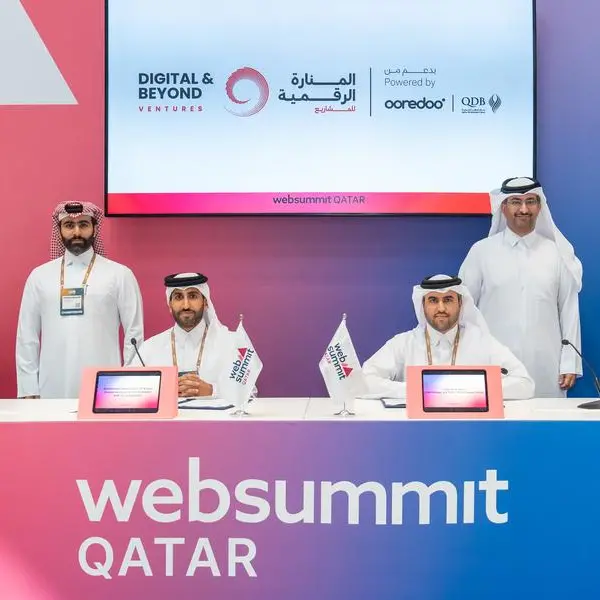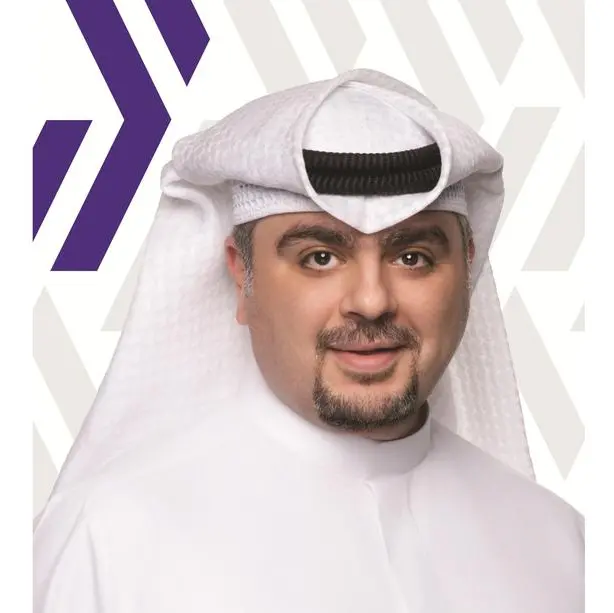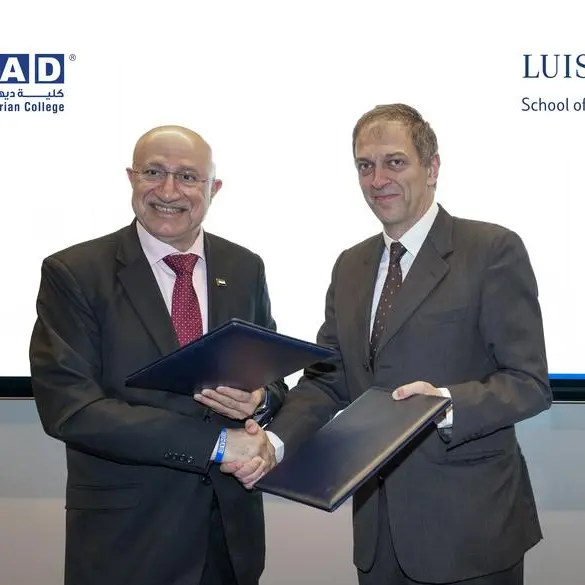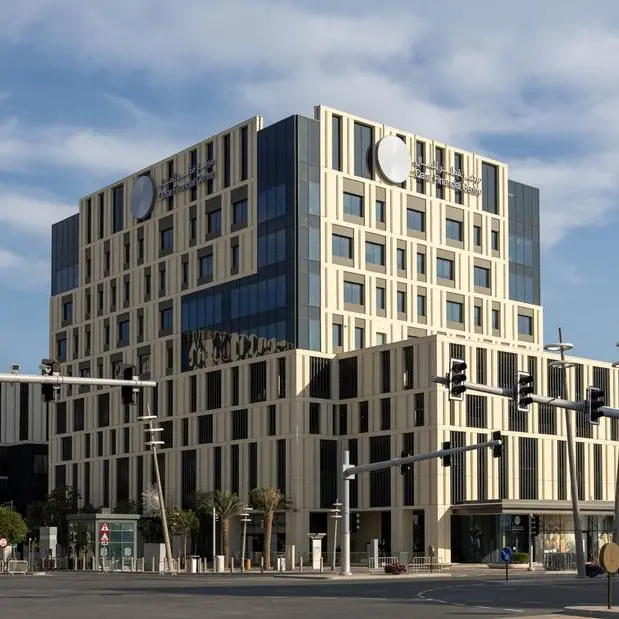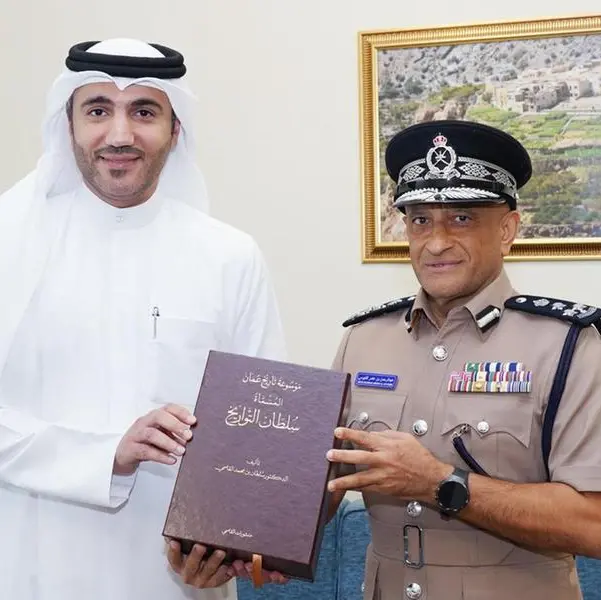PHOTO
Abu Dhabi: The Pearl Initiative, the business-led non-profit organisation promoting a culture of corporate transparency and accountability in the Gulf region, convened 100 high-level corporate and family business leaders from across the Gulf Region to discuss how transparency can improve the impact of philanthropic capital. The roundtable focused on the importance of good governance in the third sector and how greater accountability can improve the impact of giving.
Entitled ‘Transparency in Philanthropy as a Tool for Impact’, the panel discussion held recently at the Emirates Palace in Abu Dhabi, engaged participants in discussions around how improving disclosure in the regional philanthropic sector could contribute to more scalable and sustainable impact. While financial disclosure is often seen as the critical component of good governance, the discussions also assessed how sharing lessons learned can build institutional learning, help to professionalise the sector and encourage collaboration and co-funding to build high impact scalable initiatives.
The Gulf Region is a sizeable philanthropic market. The annual philanthropic capital of one hundred of the largest family firms amounts to some US$7 billion according to a Strategy& 2017 report. As a global market, philanthropy is in the US$ 1 trillion mark. This sheer volume means that philanthropy clearly has an important and rapidly growing role in contributing to global and regional development – a point highlighted during the keynote speech of Michael Green, Chief Executive Officer of the Social Progress Imperative and co-author of the book Philanthrocapitalism
During his presentation, Green presented the Social Progress Index that has been developed by his organisation as a tool to help decision makers use the latest and most reliable data to inform their philanthropic giving, prioritise the sectors they invest in and thereby help to accelerate social progress. He also gave real-life examples of innovative interventions and scalable solutions – of what works and what doesn’t. He cited specific case studies of interventions that achieve the desired impact including personal safety and access to advanced education He also identified areas which had failed to deliver impact and need to be improved including nutrition & basic medical care and water & sanitation.
The panel united regional philanthropists to give local examples of how transparency can drive effective philanthropy and the ongoing barriers that prevent this. They comprised: Muna Al Gurg, Director of Retail, Easa Saleh Al Gurg Group; Mohamed Al Qadi, Director General, Sandooq Al Watan; Dr. Natasha Matic, Deputy CEO and Chief Strategy Officer, King Khalid Foundation; and, Sheikh Khalid Al Massan, CEO, Oman LNG Development Foundation. Clare Woodcraft, the former CEO of Emirates Foundation moderated the discussions. Interventions noted the huge importance of sharing not only institutional successes but also areas where philanthropic capital had failed to deliver impact so that these experiences can support institutional learning, help avoid the duplication of efforts and create opportunities for partnerships.
On the side-lines of the discussion, Yasmine Omari, said: “Philanthropy has been embedded within the economic, social and cultural fabric of the Gulf Region for centuries. What we are seeing now though is very significant growth in institutional giving which in turn requires a new level of governance. As revealed by our own research, the single-most important requirement of 90 percent of donors in the region when they associate their philanthropy with an organisation, is that the latter be transparent. There is no reason for us to treat philanthropic capital any differently from commercial capital, given their ultimate intended effect. In both cases, return on investment (RoI) and impact are key, and transparency can be used as a real, tangible tool by both corporate and individual donors to optimise the outcome of their philanthropic activity via periodic public engagement and accurate self-assessment.”
“A culture of transparent reporting in philanthropic activities is not only essential but a requirement for more impactful giving, now more than ever, as public demand to learn more about the activities and outcomes produced by charitable organisations and individuals continues to grow. There is the kind of transparency that is mandated. But there is also another kind; one that emerges from a cultural shift, and improves donor stewardship, leads to better accountability and encourages collaboration. This is what is required if the Gulf Region’s philanthropic sector were to make a real and sustainable difference,” said Mohamed Al Qadi, Director General, Sandooq Al Watan.
The panel discussion was held as part of the Pearl Initiative Governance in Philanthropy programme, launched in 2017 with the aim of enhancing the effectiveness of the sector across the Gulf Region through improved governance, accountability and transparency. The programme has been developed to support corporate and institutional donors striving to be more strategic and impactful in their giving. Through community engagement and research, it promotes improved governance standards in the Gulf Region’s philanthropic ecosystem.
Founded in 2010, the Pearl Initiative is a Gulf business–led non-profit organisation promoting a corporate culture of accountability and transparency as key drivers of competitiveness and sustainable economic growth across the Gulf Region. The organisation develops programmes and publishes regional research reports and case studies to promote the implementation of higher standards of corporate governance amongst business and student communities across the Gulf Region.
-Ends-
About the Pearl Initiative:
Prominent business leaders from across the Gulf Region formed the Pearl Initiative in 2010 to create a non-profit vehicle for the Private Sector to collectively take the lead in adopting higher standards in corporate governance, accountability and transparency to enhance business innovation, opportunity and value creation.
With over 40 regional and international partners, the Pearl Initiative brings together business, government and civil society decision-makers to share best business practices and to help maximise the economic opportunities available to companies within the region. The Pearl Initiative also supports Gulf-based university students to identify and embrace strong ethics as they embark on their future careers.
The Pearl Initiative seeks joint collaborative action between regional and global business leaders, international institutions, government bodies and wider initiatives within the Gulf Region, exhibiting positive leadership and sharing knowledge and experience in order to influence regional business and student communities.
For more information, please visit www.pearlinitiative.org or contact us on +971 6 515 4605 or via email at enquiries@pearlinitiative.org
© Press Release 2019Disclaimer: The contents of this press release was provided from an external third party provider. This website is not responsible for, and does not control, such external content. This content is provided on an “as is” and “as available” basis and has not been edited in any way. Neither this website nor our affiliates guarantee the accuracy of or endorse the views or opinions expressed in this press release.
The press release is provided for informational purposes only. The content does not provide tax, legal or investment advice or opinion regarding the suitability, value or profitability of any particular security, portfolio or investment strategy. Neither this website nor our affiliates shall be liable for any errors or inaccuracies in the content, or for any actions taken by you in reliance thereon. You expressly agree that your use of the information within this article is at your sole risk.
To the fullest extent permitted by applicable law, this website, its parent company, its subsidiaries, its affiliates and the respective shareholders, directors, officers, employees, agents, advertisers, content providers and licensors will not be liable (jointly or severally) to you for any direct, indirect, consequential, special, incidental, punitive or exemplary damages, including without limitation, lost profits, lost savings and lost revenues, whether in negligence, tort, contract or any other theory of liability, even if the parties have been advised of the possibility or could have foreseen any such damages.
